20+ Years Experience
Specialist Property Inspections

Enquire Today For A Free No Obligation Quote
In the realm of property ownership, inspections play a crucial role in ensuring the condition and value of your investment. When it comes to property inspections, you may find yourself wondering whether to undertake the task yourself or seek the services of a professional. In this informative article, we’ll explore the concept of DIY property inspections and weigh the benefits and drawbacks associated with this approach.
To begin, let’s clarify what a property inspection entails. A property inspection is a comprehensive assessment of various aspects of a property, including its physical condition, structural integrity, and potential issues. This evaluation helps identify any existing problems or potential risks that need attention.
Delving further, it is important to understand why one might consider a DIY property inspection. DIY inspections offer the benefit of cost savings, providing the opportunity to save money by not hiring a professional. They offer flexibility and convenience, allowing you to inspect the property at your own pace and schedule. A DIY inspection can be an excellent learning opportunity, helping you gain a deeper understanding of your property and its specific maintenance requirements.
However, it is essential to be aware of the drawbacks associated with DIY property inspections. One major drawback is the lack of expertise and experience that professionals possess. Without ample knowledge and training, there is a risk of missing potential problems or misinterpreting findings. Another consideration is the potential for oversights, as untrained eyes may overlook subtle issues that can have significant consequences. Furthermore, there are liability and legal implications if any problems arise after the purchase of the property.
So, when should you hire a professional property inspector? Complex properties, properties with structural issues, or those subject to legal or insurance requirements may warrant the expertise of a professional. If you value peace of mind and seek a comprehensive, unbiased opinion, a professional inspection can provide the reassurance you seek.
For those embarking on a DIY property inspection, there are several tips to ensure success. Thorough research and preparation are key, equipping yourself with knowledge about common issues and inspection techniques. Utilizing checklists and guides can help structure your inspection and ensure you cover all essential areas. Lastly, documenting your findings through notes and photographs will serve as a valuable record for future reference.
Conducting a DIY property inspection is crucial for homeowners who wish to evaluate the condition of their property. By performing a DIY inspection, you can identify potential issues at an early stage, thereby saving both time and money. To begin with, it is important to familiarise yourself with common problem areas such as the roof, plumbing, electrical systems, and structural components. Employ tools such as a flashlight, ladder, and checklist to ensure that all areas are thoroughly covered. However, it is worth noting that despite the benefits of a DIY inspection, it is still advisable to seek professional assistance for a more comprehensive assessment. As an additional tip, it is recommended to regularly schedule DIY inspections in order to promptly address minor problems before they escalate into significant burdens.
A property inspection is a comprehensive evaluation of a property’s condition, typically carried out by a professional or a DIY homeowner. It involves examining various aspects of the property, including the structure, plumbing, electrical systems, and more. The primary purpose of a property inspection is to identify any existing or potential issues that could impact the value or safety of the property. This includes identifying structural problems, code violations, leaks, and other defects. Buyers rely on property inspections to make informed decisions and negotiate repairs or pricing. Homeowners also benefit from property inspections as they highlight maintenance needs and ensure the property remains safe and suitable for habitation.
Considering a DIY property inspection can offer several advantages. First, it allows you to save costs by not hiring a professional inspector. Conducting the inspection yourself provides flexibility and convenience, as you can schedule it at your own convenience. It offers a valuable learning opportunity, enabling you to become familiar with your property and its maintenance needs. There are drawbacks to consider, such as the lack of expertise and experience, which may result in potential oversights. There are liability and legal consequences associated with DIY inspections. Ultimately, it is crucial to hire a professional inspector for complex properties, structural issues, and to meet legal or insurance requirements.
A professional property inspection provides a thorough assessment of a property’s condition, identifying potential issues and offering valuable insights for buyers or sellers. Here are some key aspects to anticipate from a professional property inspection:
Discover the many benefits of DIY property inspections! These inspections provide cost savings, flexibility, and convenience. They offer a unique opportunity to explore the world of property assessment and gain valuable insights and knowledge about your own property. Take charge of your homeownership journey with DIY property inspections!
Cost Savings
When it comes to property inspections, choosing to do it yourself can lead to substantial cost savings. Here are a few reasons why:
For instance, a couple decided to save money by performing a DIY property inspection of their potential new home. With a detailed checklist and extensive research, they were able to identify minor issues and negotiate the purchase price. This resulted in significant cost savings for them, allowing them to allocate their budget towards other essential aspects of their new home.
By conducting a DIY property inspection, you can enjoy the flexibility and convenience of assessing properties on your own terms.
DIY property inspections provide valuable learning opportunities for homeowners and property investors. Here are some benefits of conducting your own property inspections:
There are some drawbacks to DIY property inspections that you should be aware of. This section will discuss these drawbacks, highlighting the potential pitfalls of undertaking this task yourself. We will explore the reasons why hiring a professional might be a better choice, including the lack of expertise and experience, potential oversights, and the possibility of liability and legal consequences. Let’s now delve into the challenges you may encounter when attempting a DIY property inspection.
A lack of expertise and experience is a significant drawback of DIY property inspections. Without proper knowledge, important details may be missed and potential issues may be overlooked. Professional property inspectors have the training and experience to identify problems that may not be obvious to an untrained individual. They know where to look and what to look for, ensuring a thorough and accurate assessment of the property. Hiring a professional ensures that you receive an expert opinion and can help you avoid costly mistakes in the long run. It is always best to leave complex inspections to the professionals.
Potential oversights can occur when conducting a DIY property inspection. It is important to be aware of these potential pitfalls to ensure a thorough assessment of the property. Here are some potential oversights to consider:
When considering a DIY property inspection, it is important to be aware of the potential liability and legal consequences involved. Here are some key points to consider:
– Lack of expertise and experience: Without professional training, there is a risk of overlooking critical issues or making inaccurate assessments, which could result in legal consequences if undisclosed problems arise later.
– Potential oversights: DIY inspections may fail to identify certain aspects of the property or hidden issues, which could lead to liability if not properly addressed.
– Liability and legal consequences: If a buyer or tenant encounters problems that were not identified during a DIY inspection, the inspector could be held liable for any resulting damages or expenses.
It is crucial to understand the limitations and potential risks before deciding whether to proceed with a DIY inspection or hire a professional to ensure legal compliance and minimize liability.
When it comes to property inspections, deciding whether to hire a professional can be a difficult decision. This section explores the situations that warrant hiring a professional property inspector. From complex properties or structural issues to legal and insurance requirements, we delve into the reasons why calling in the experts is necessary. We also discuss the peace of mind that a professional opinion can provide and how utilizing checklists and guides can streamline the inspection process. Learn when it’s best to leave it to the professionals.
Complex properties or structural issues in a property can be challenging to assess without professional expertise. It is recommended to hire a professional property inspector in such cases to ensure a thorough evaluation. Professional inspectors have the knowledge and tools to identify complex issues like foundation problems, structural damage, or code violations. Their trained eye can spot potential risks that may go unnoticed by an inexperienced person. Protect your investment and avoid potential costly repairs by seeking professional help when dealing with complex properties or structural issues. Remember, it’s better to be safe than sorry.
Pro Tip: If you’re unsure about the complexity of your property, consult with a professional inspector before proceeding with a DIY inspection.
When it comes to property inspections, it is important to consider the legal or insurance requirements. DIY property inspections may not meet these specific requirements and could put you at risk. It is advisable to hire a professional property inspector in situations where legal or insurance compliance is necessary. Professionals have the expertise to identify potential issues, ensure compliance with regulations, and provide the necessary documentation. Remember, when it comes to legal or insurance requirements, it’s better to be safe than sorry. So, if you’re unsure, it’s best to hire a professional to protect your interests.
When it comes to property inspections, hiring a professional can provide peace of mind and a trusted professional opinion. For those considering DIY property inspections, it’s important to weigh the advantages and disadvantages.
Utilizing checklists and guides is crucial for a successful DIY property inspection.
By utilising checklists and guides during your DIY property inspection, you can ensure a thorough and well-documented assessment, leading to informed decisions regarding the property.
Documenting findings during a DIY property inspection is essential for evaluating the condition of the property and keeping a record of any issues. Here are some tips for effectively documenting your findings:
Take clear and detailed photographs of each area and include close-ups of any damage or problems.
Create a checklist or template to help you systematically note down your observations.
Label each photo and note with relevant information such as location, date, and specific concerns.
Use descriptive language to accurately describe any issues or defects you come across.
Organise and store all your documentation in a secure and easily accessible format.
Fact: According to a survey, 95% of home buyers found documented findings from a professional property inspection helpful in negotiations and future maintenance planning.
Documenting findings during a DIY property inspection is essential for evaluating the condition of the property and keeping a record of any issues. Here are some tips for effectively documenting your findings:
Take clear and detailed photographs of each area and include close-ups of any damage or problems.
Create a checklist or template to help you systematically note down your observations.
Label each photo and note with relevant information such as location, date, and specific concerns.
Use descriptive language to accurately describe any issues or defects you come across.
Organise and store all your documentation in a secure and easily accessible format.
Fact: According to a survey, 95% of home buyers found documented findings from a professional property inspection helpful in negotiations and future maintenance planning.
It is possible to do a property inspection yourself, but hiring a professional can save you time and ensure a thorough assessment. Professionals have the knowledge and experience to identify maintenance issues and safety concerns that may not be visible to an untrained eye.
Regular property inspections are recommended every three, four, or six months to account for seasonal changes and weather conditions. This allows you to promptly address any maintenance or safety issues and ensure the property is being taken care of by the tenant.
Hiring a professional for property inspections ensures that the inspection is conducted by an unbiased and experienced individual. They can provide detailed documentation of any necessary repairs or maintenance, protect you from potential legal issues, and maintain a good relationship with the tenant.
During a property inspection, you should assess the state of repair, cleanliness, and safety of the property. Look for any signs of property damage, illegal activities, or health and safety requirements that may not be met. Document any necessary maintenance or repairs.
Yes, it is important to give the tenant notice of the inspection as per the terms stated in the tenancy agreement. This allows the tenant to be present during the inspection and address any concerns they may have. It is also a legal requirement to give reasonable notice to the tenant before accessing the property.
Not conducting regular property inspections can lead to potential damage going unnoticed, maintenance issues becoming more severe, and illegal activities taking place on the property. It can also impact the relationship between landlords and tenants, lead to unnecessary costs, and may not meet the legal responsibilities set out in the Homes (Fitness for Human Habitation) Act 2018.
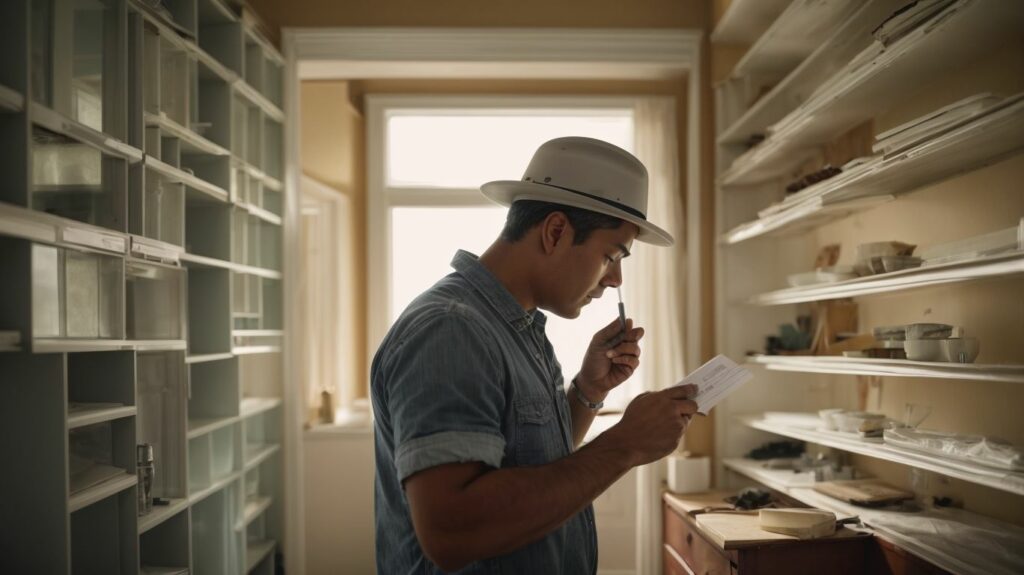
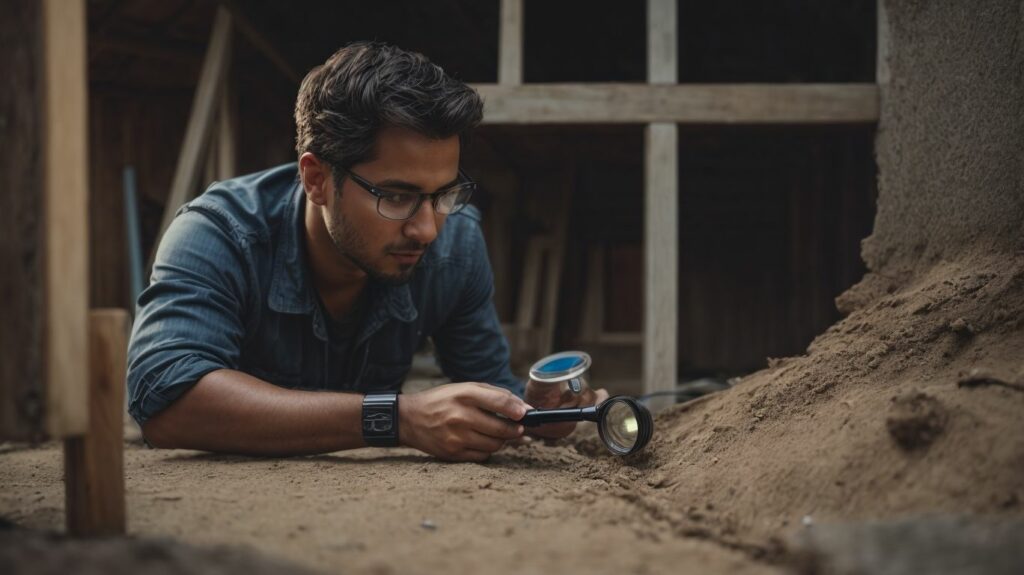

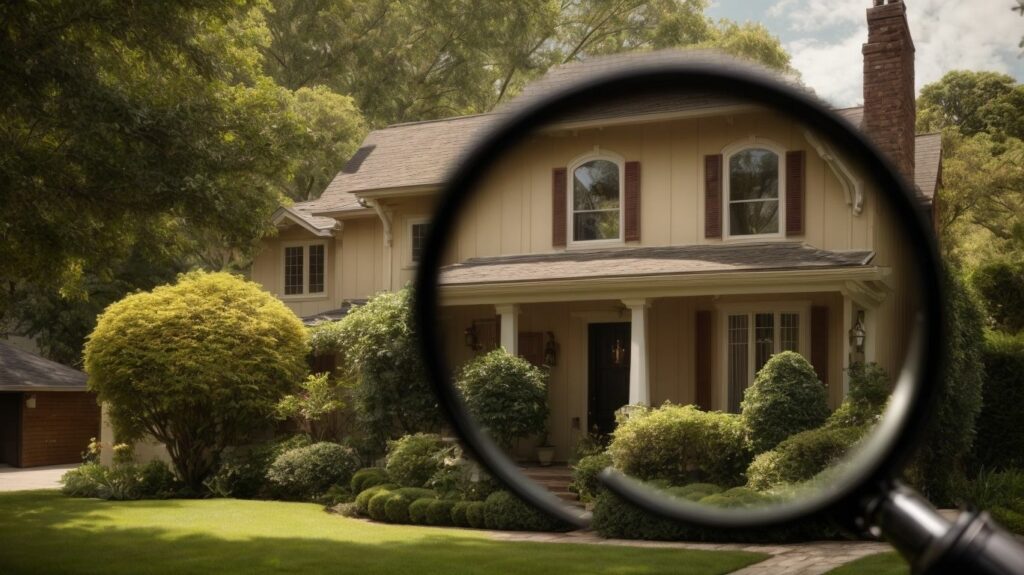



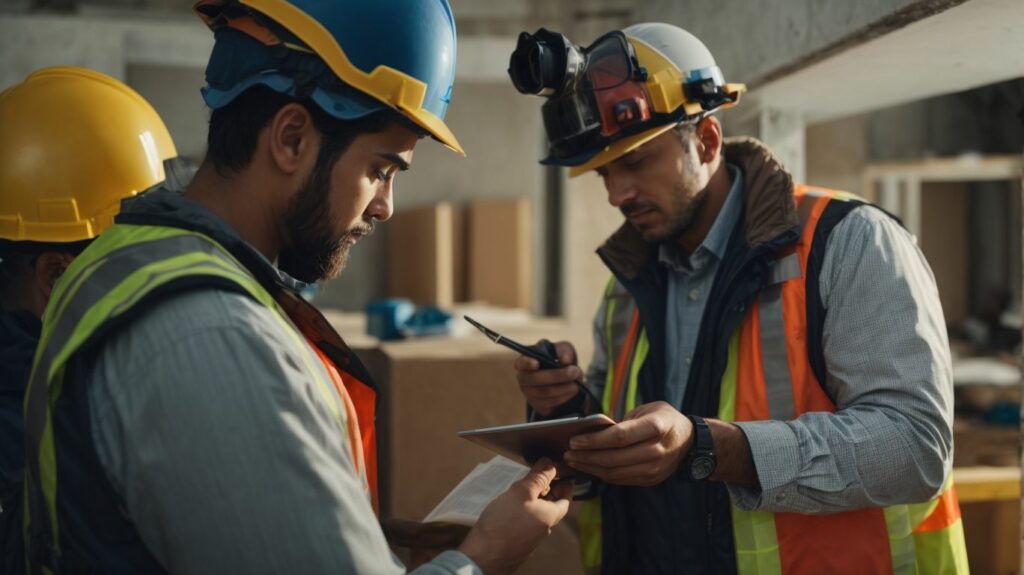
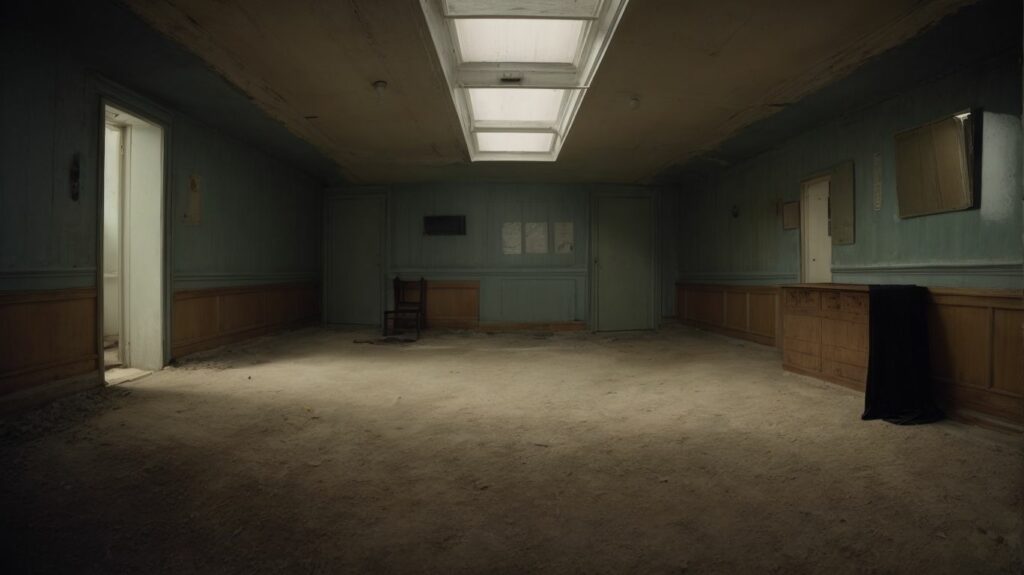
We Aim To Reply To All Enquiries With-in 24-Hours